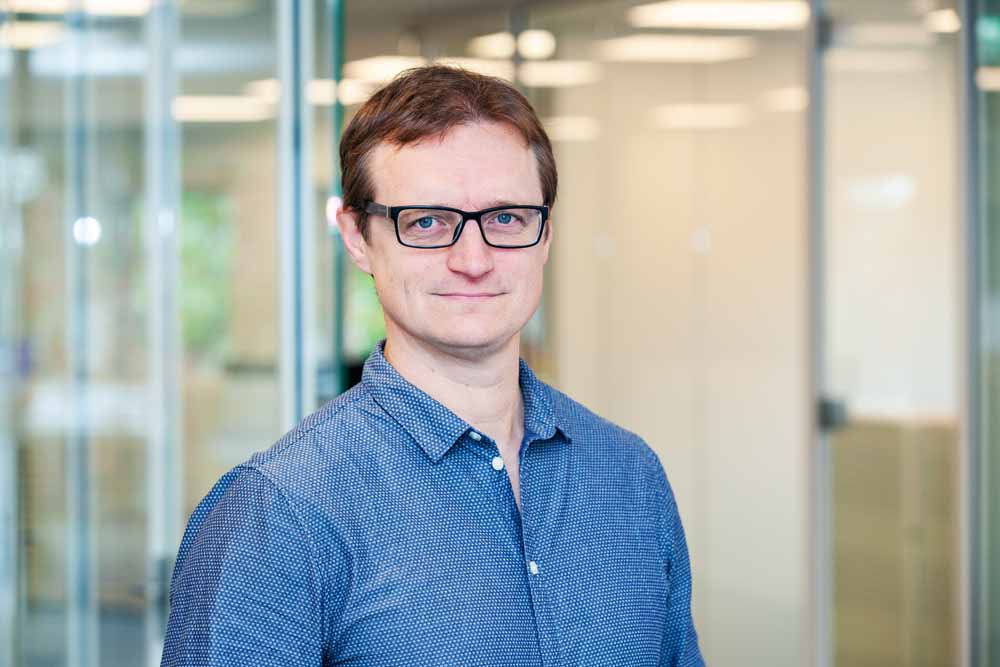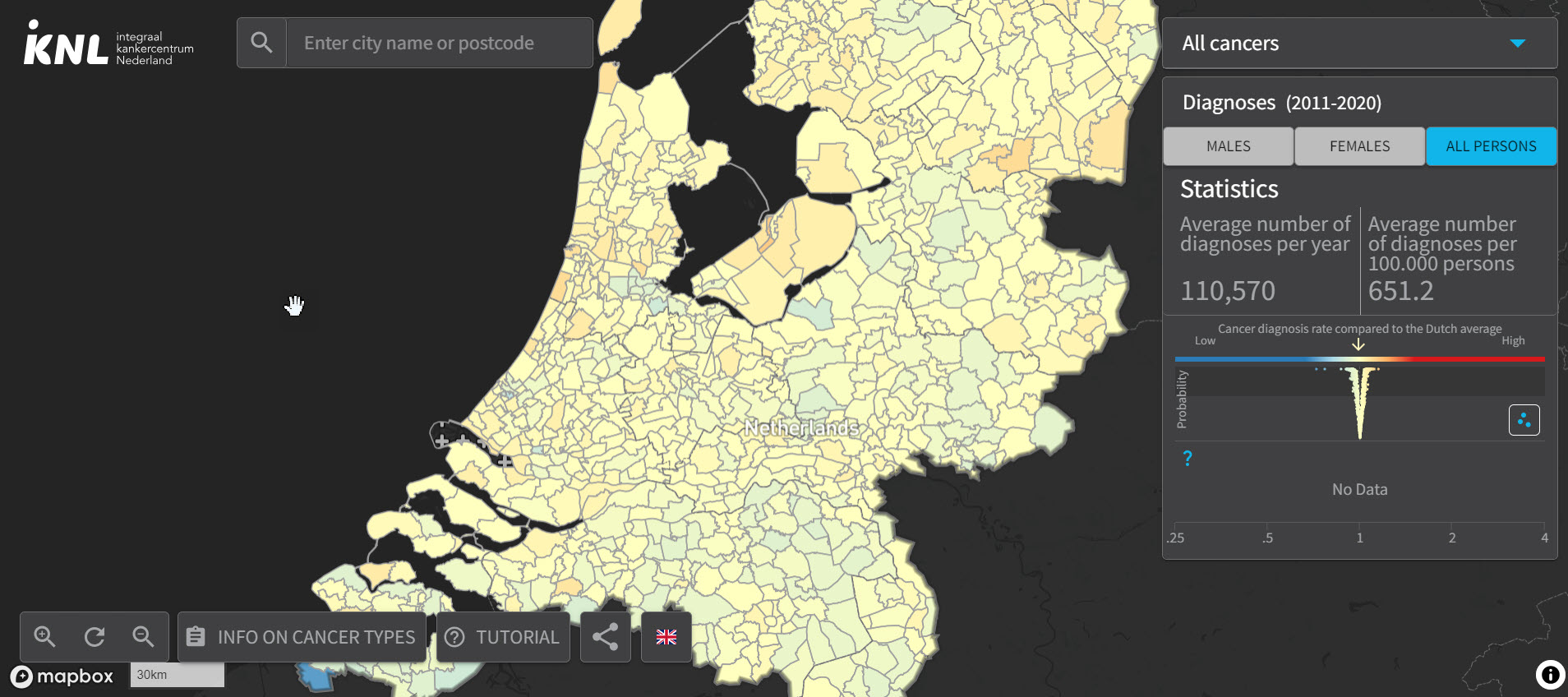
EHDEN Database Catalogue makes NCR data available across Europe
Findable standardized data at scale in OMOP-CDM
As data partner of the European Health Data & Evidence Network EHDEN, IKNL has made NCR data available for research in the OMOP Common Data Model (OMOP-CDM) enabling and speeding up the generation of reliable evidence. The EHDEN project started in 2018 aiming to address the current challenges in generating insights and evidence from real-world clinical data at scale. It will be continued in the EHDEN Foundation.
The OMOP-CDM is developed and managed by Observational Health Data Sciences and Informatics (OHDSI). It is an open community data standard, designed to standardize the structure and content of observational data and to enable efficient analyses that can produce reliable evidence.
Goal of the EHDEN Project was to develop a research infrastructure consisting of a federated network of real-world health data across Europe. By harmonizing anonymous health records of millions of patients to the OMOP-CDM, an infrastructure was created to more rapidly generate high-quality insights that improve outcomes for patients, and enabling standardization in how treatment and care are implemented and evaluated.
To build on the successes of the EHDEN project, a new legal entity, the EHDEN Foundation, was created. The EHDEN Foundation will serve to transition the EHDEN project into a long-term, sustainable operation that will continue to promote and foster a strong and growing open science community, supporting studies, study-a-thons, methodological and technical developments, and research programmes.
Project leader Peter Prinsen explains the value of the EHDEN foundation
Facilitating insights at scale with NKR Data in OMOP CDS
With the EHDEN Data Catalogue, data from the Netherlands Cancer Registry (NCR), harmonized to the OMOP-CDM, will become more easily findable across Europe. The structured and standardized format will also facilitate easier and faster delivery of NCR data for international research and trials: researchers can simply ask us to run their study scripts on our data and we can quickly deliver aggregated results to them, instead of patient-level data.
As a sustainable entity, the EHDEN Foundation will continue to promote and foster a strong and growing open science community with Data Partners, SMEs, researchers, public & private, and NGOs. It will also continue to provide research, training certification, and service research in the EHDEN network and wider research community, supporting studies, study-a-thons, methodological and technical developments, and research programmes.
An example of such a program is the Data Analysis and Real World Interrogation Network DARWIN EU, aiming to provide real-world evidence from across Europe on diseases, populations and the uses and performance of medicines. IKNL is now also data partner in this program.
The availability of the NCR data in OMOP-CDM makes it an excellent resource for scaling insights to improve cancer care and patient outcomes worldwide.




